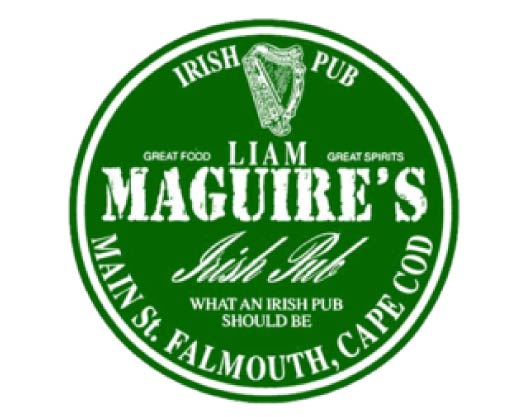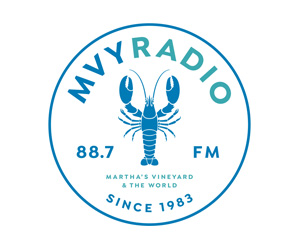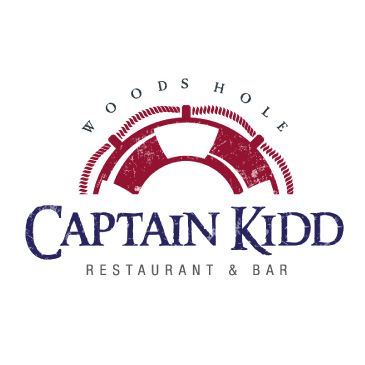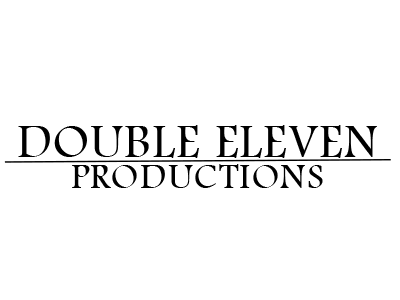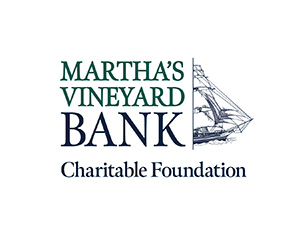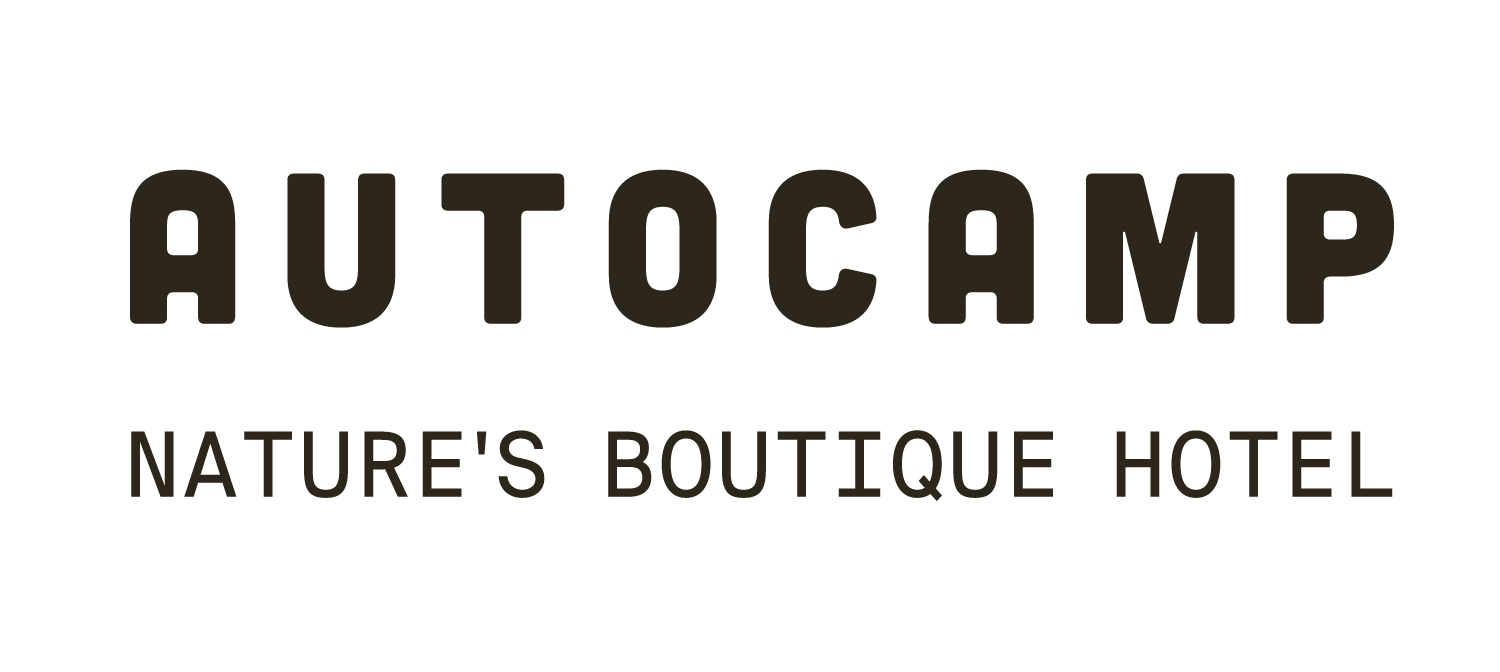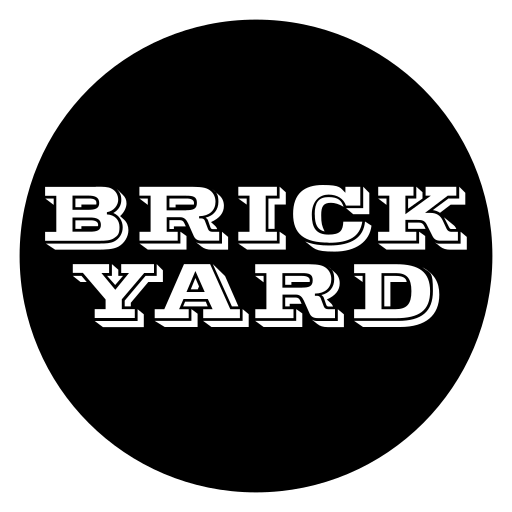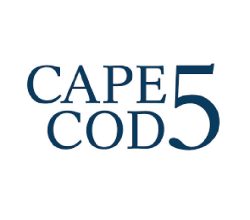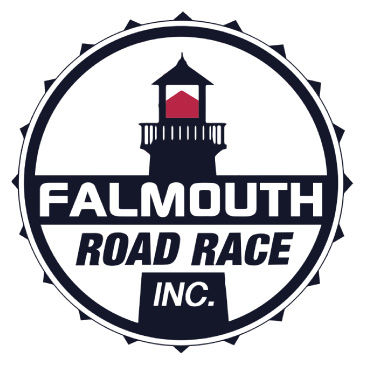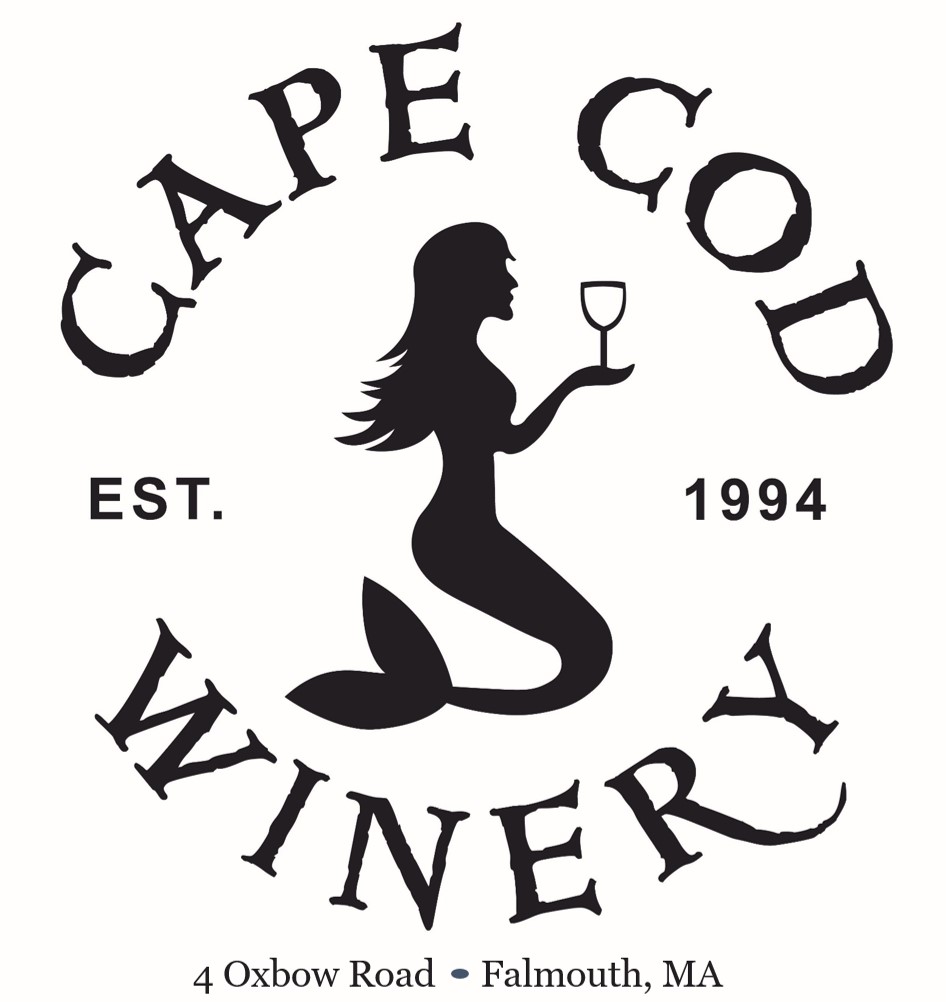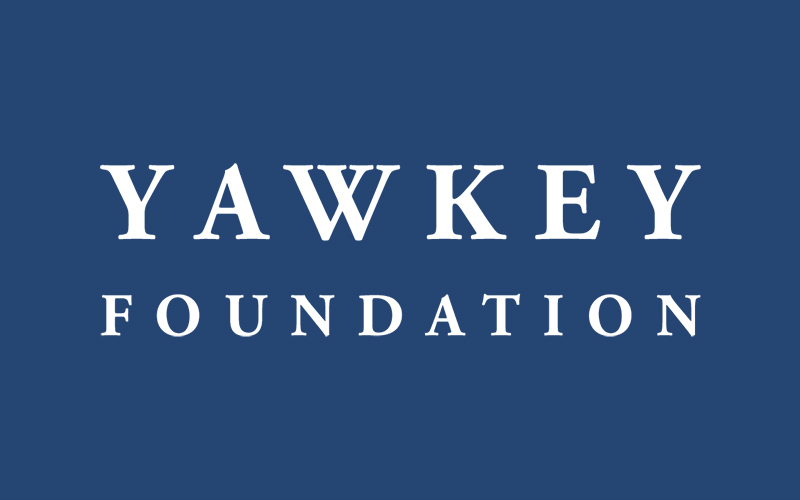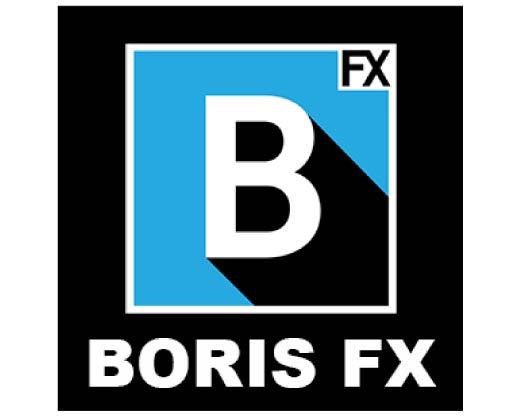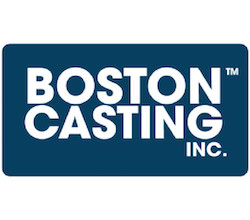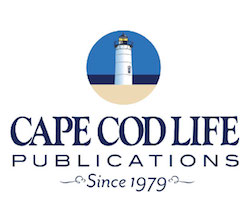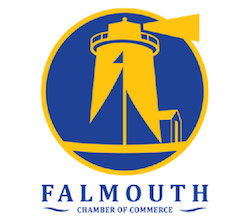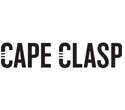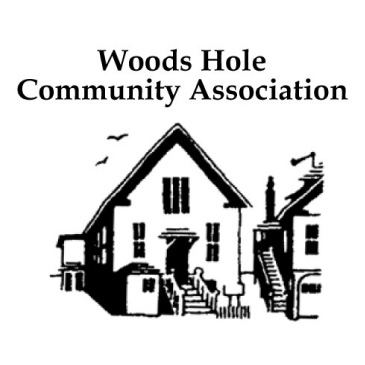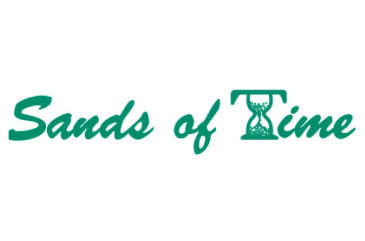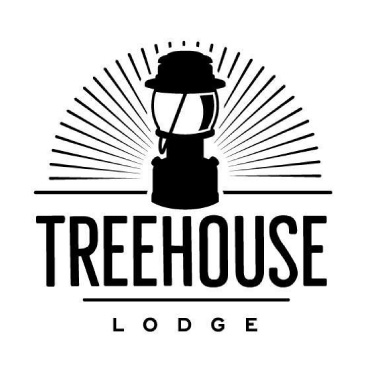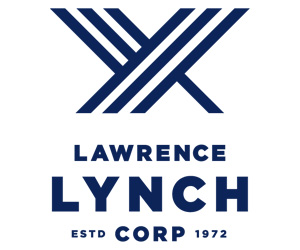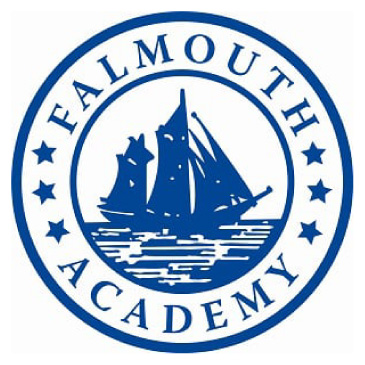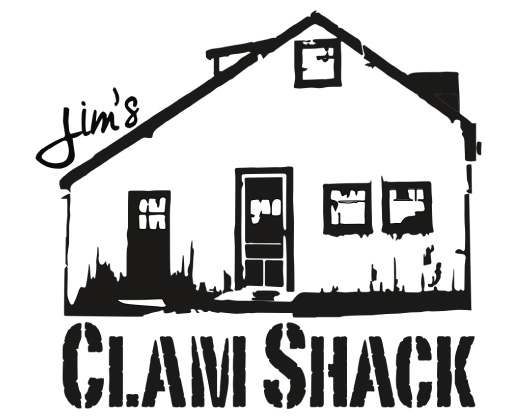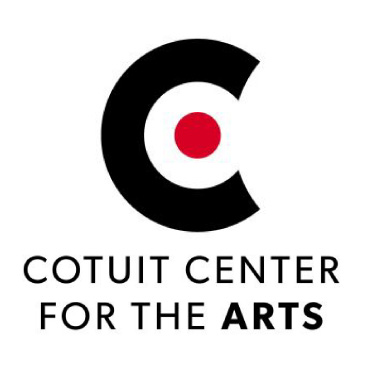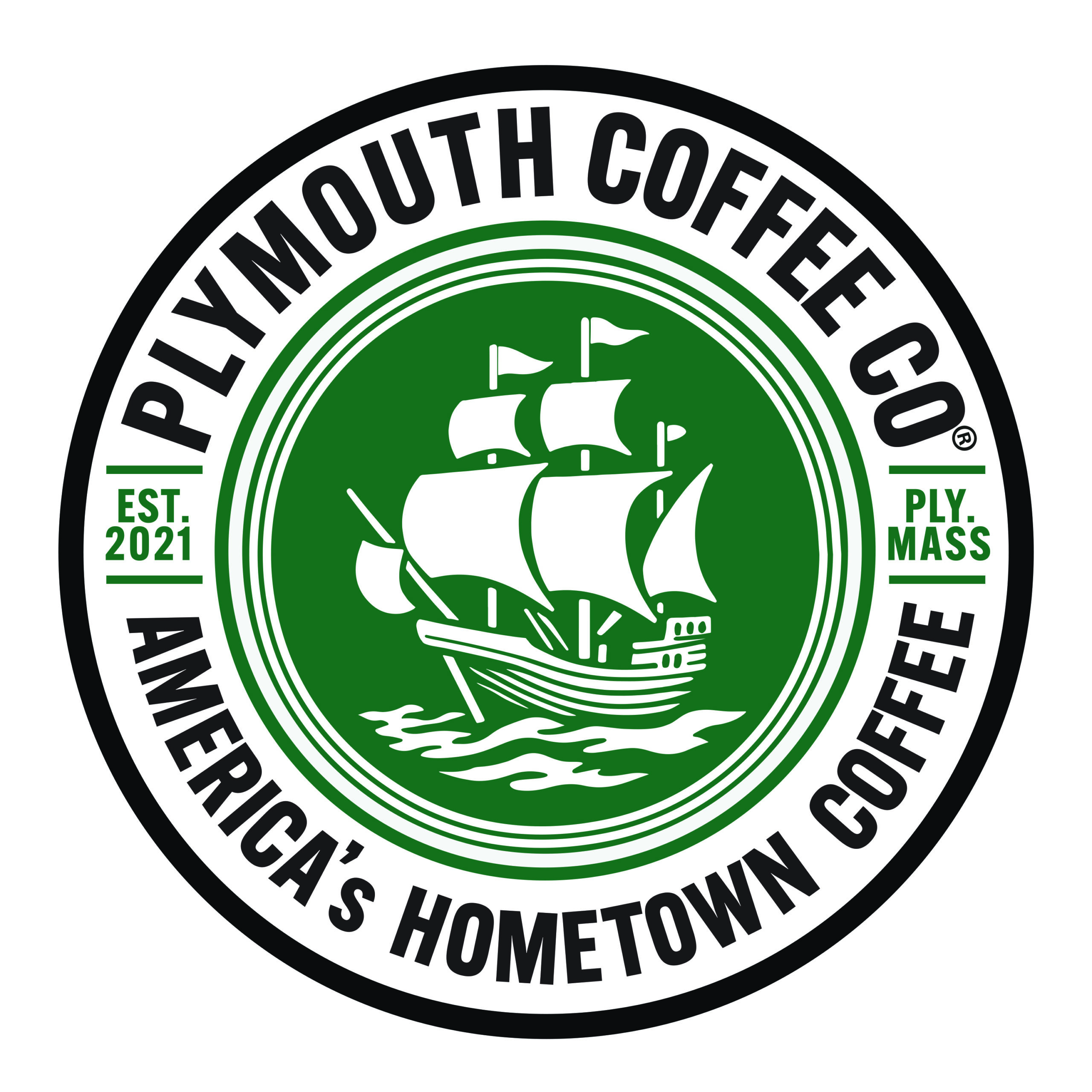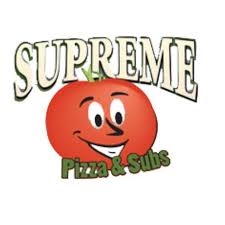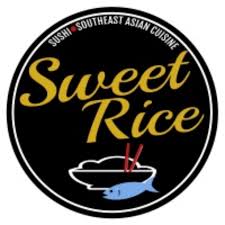Special Events at the Festival 2016
As part of our 25th anniversary celebration the Woods Hole Film Festival is proud to host several special events with world class talent from screen and stage. Curated by Nancy August and David Gross.
SCREEN & STAGE
John Altman – Composer, Arranger, Saxophonist and Conductor
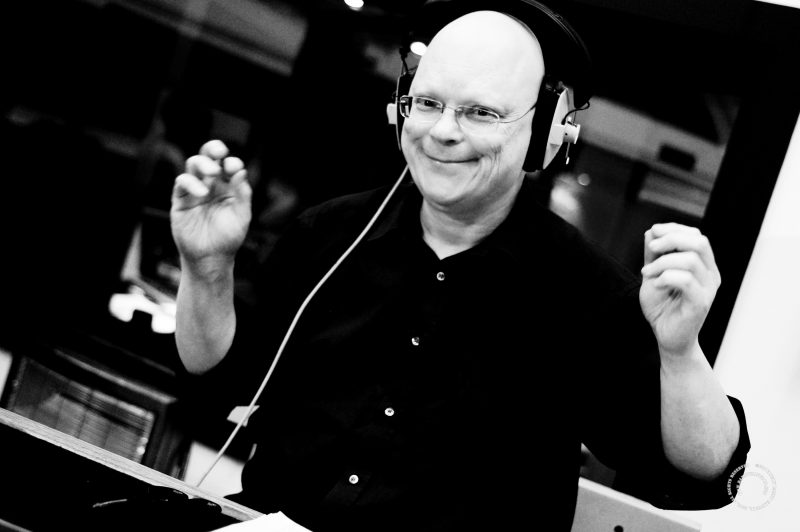
Copyright 2011 Danny Clifford. All rights resrved. danny@dannyclifford.com
Since starting his career at the age of 3 with Judy Garland, Emmy and BAFTA winning composer John Altman has enjoyed a multi faceted career as composer/arranger/saxophonist and conductor. Among his movie credits are Goldeneye, Titanic (for which he provided all the period music), Life of Brian (for which he arranged Always Look On The Bright Side of Life), Shall We Dance, Little Voice and most recently the BFI restoration of the 1928 silent classic Anthony Asquith’s Shooting Stars. He has written over 4,000 TV commercials worldwide and as a saxophonist has performed with Jimi Hendrix, Bob Marley, Van Morrison and Amy Winehouse among others.
As an arranger he has been responsible for 19 platinum records including hit songs for Rod Stewart, George Michael, Tina Turner, Barry White, Diana Ross, Bjork and Van Morrison.
John Altman will screen the film Shooting Stars on Thursday, August 3rd at 7 p.m. at Lillie Auditorium, followed by a “Conversation with John Altman” hosted by David Gross.
On Creating a New Score for Shooting Stars by John Altman
Scoring Shooting Stars from scratch (if you’ll pardon the alliteration) presented a plethora of problems (there I go again!) to this particular composer. A hundred minutes of continuous score, something I (and the majority of my peers) had never attempted previously. A piece, while of its period, definitely not a period piece. A film so sophisticated it hardly uses any title cards – the emotional and narrative drive are all in plain sight on the screen. What is the modern composer to do? Write a contemporary score that plays against the fashions and mores of the 1920s? Or utilize the rich musical tapestries of an era where music played a crucial role in social custom and change – there are numerous on screen references to popular tunes and dance and jazz bands? Combine the elements so that the music has no unifying underlying structure? Or maybe attempt something different that might possibly give a new vocabulary to the art of scoring silent films.
I took my cue from a technique I developed when scoring two quirky British movies for director Peter Chelsom – Hear My Song (for which I coincidentally won the Anthony Asquith Award for Best Score) and Funnybones. In both these films I created musical themes which I was then able to develop in multiple styles within the arc of the movie to enhance and counterpoint the action on screen.
The twelve piece orchestra I hand picked for this project and then wrote specifically for would become, along with the thematic material, the glue for binding the whole score together and shaping it. In this way I was able to create a varied stylistic palette and to blend dance music and 1920s jazz with modern classical techniques and conventional contemporary movie scoring – often switching from one to the other and back within one scene. I was helped immeasurably by the fact that Shooting Stars is a movie about movie making and the ironic layering of plot (where film echoes real life echoes film) so adroitly manipulated by Asquith, allowed me to use conventional silent movie ‘chase and danger’ scoring techniques which then became the score for the real life danger.
Finally I cannot heap enough praise on the musicians who performed the score. They are all virtuosi in their own right and that above all gave me the confidence to write anything I felt might work, whether it be complicated solo passages, authentic 1920s jazz, or long form melodic statements. Above all, they (and I) had a lot of fun and that’s something you don’t hear often about movie scoring!!
Rinde Eckert – writer, composer librettist, musician, performer and director. This event has been cancelled due to factors beyond our control.


